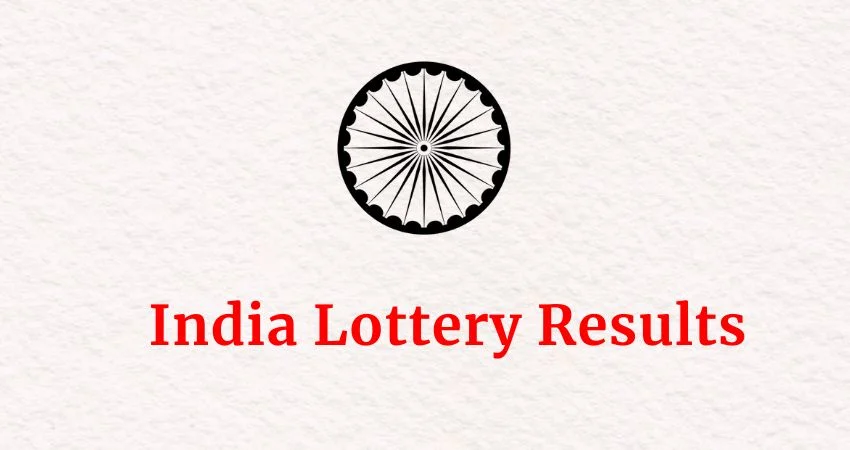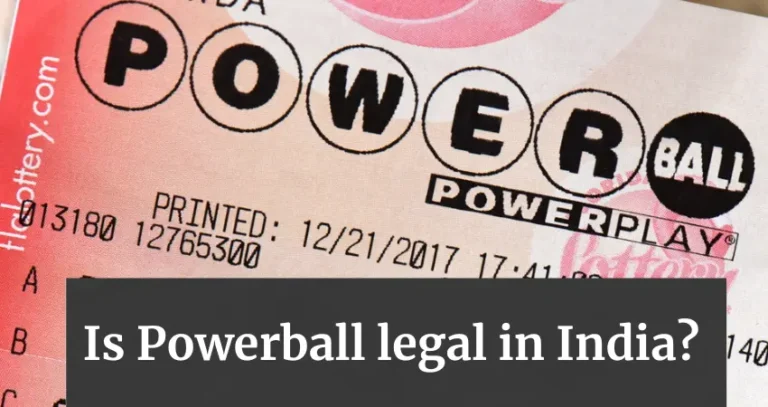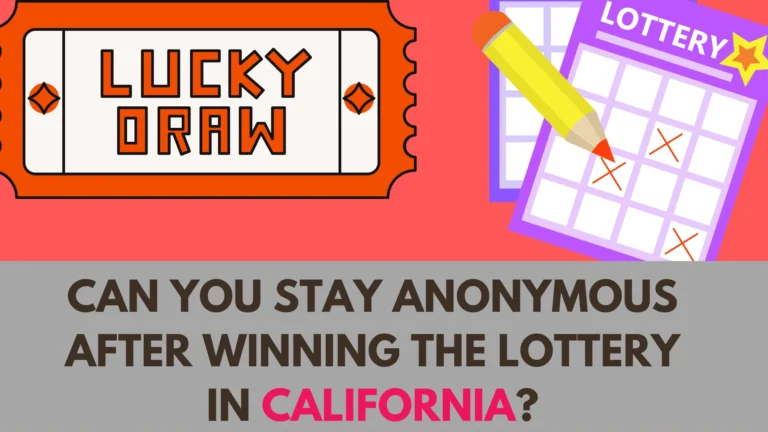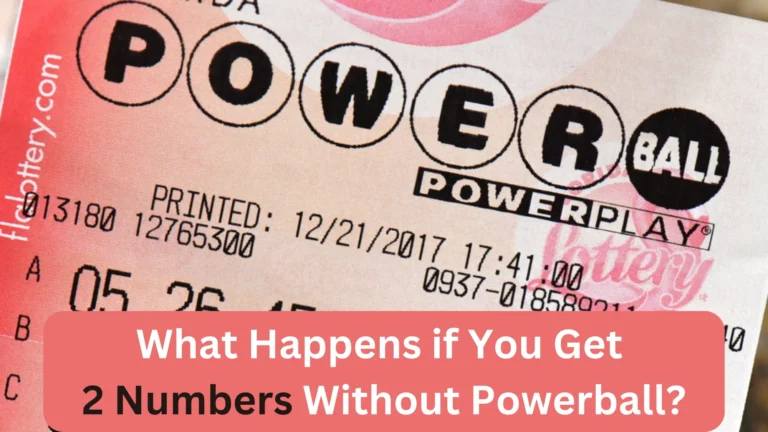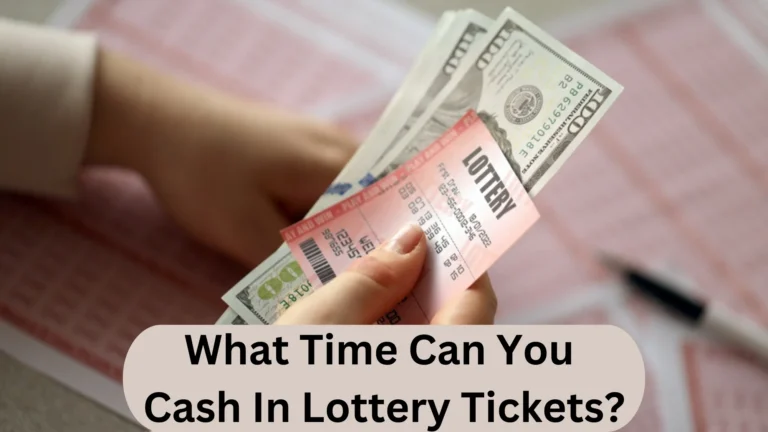Where Does the Lottery Money Come From? Let’s Find Out!
Lottery participants often ask me, “Where does all the lottery money come from?” Well, anyone can have this question since lotteries offer millions on the first or Jackpot prizes.
The answer is:
The lottery money mainly comes from ticket sales, government funds, and unclaimed prizes. However, we may also see sponsorships and partnerships as a leading source of revenue soon.
Want more info? Here, I am explaining the funding of lotteries, where the generated money is spent, and what future changes are expected. So, stay focused!
Where Does Lottery Money Come From?
Ticket purchases are the biggest source of lottery money right now. Hundreds of thousands of tickets are bought each year, which is why the jackpot prizes are in millions. However, there are a few other sources of funds too.
Let’s see the details.
Primary Source: Ticket Sales
One of the main sources of lottery money is ticket sales. When you buy a lottery ticket, your money goes into a pool. It is then used to pay out prizes.
The exact cost of a lottery ticket varies. It usually depends on the type of game and the jurisdiction. For example, in the United States, ticket prices can range from $1 to $50. In the United Kingdom, a standard Lotto ticket costs £2.
| Country | Standard Lottery Ticket Price |
| United States | $1-$50 |
| United Kingdom | £2 |
The total sales are a combination of these individual ticket purchases, which in some cases can reach billions of dollars annually. In 2019, US lottery sales amounted to approximately $91 billion.
The size of the jackpot also helps too. When the jackpot is exceptionally large, people are enticed to participate. So more revenue is generated.
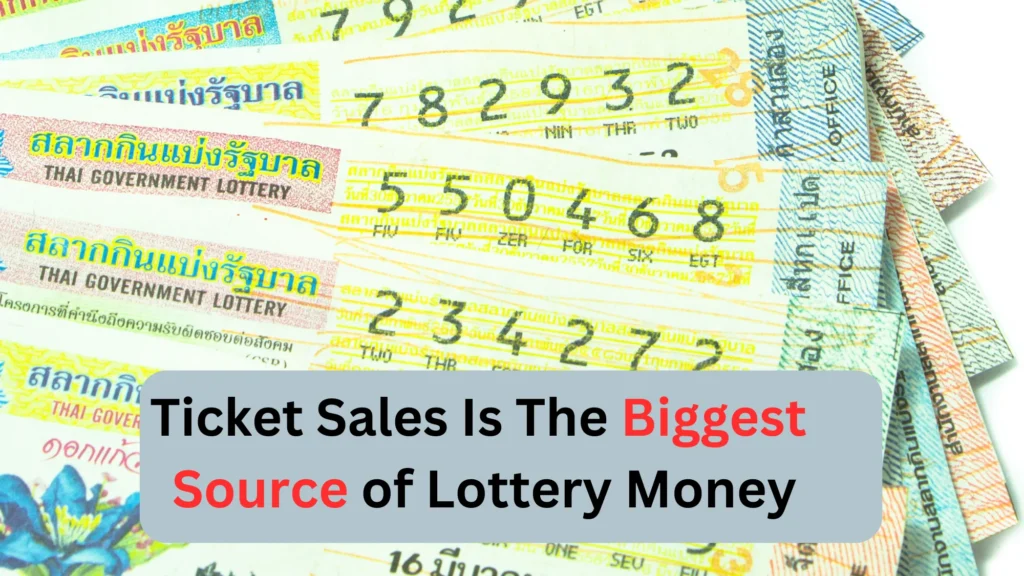
Government Allocations
Lotteries are heavily regulated by governments, and in many cases, the government also contributes to the lottery funds. In this situation, the revenue generated due to the game also goes to the government’s funds too. So, if you were thinking, “Does the lottery money come from taxes,” the answer is yes, in some cases. It usually happens in the Indian state of Kerala.
Unclaimed Prizes and Rollovers
Sometimes, lottery prizes go unclaimed. When this happens, the money often goes back into the prize pool. The management can then do future draws or use it for special one-off prizes. In some cases, unclaimed prize money is directed toward the good causes supported by the lottery.
What Happens to the Funds Generated from Lotteries? Where Does It Go?
Ever wondered, “Where does lottery money go?” Once the lottery money is collected, the funds are generally divided among prize payouts, operational costs, retailer commissions, and contributions to public causes or government programs.
Prize Winners
The most obvious beneficiaries of lottery funds are, of course, the winners. This includes jackpots and smaller winnings alike. They’re the ones we see in the newspaper, holding up giant checks.
Promotion and Advertising
A chunk of lottery money is also allocated toward promotion. This involves the creation of commercials, billboards, social media campaigns, and various other strategies. The aim is simple- to bring in new players and keep the current ones entertained.

Let’s take the New York Lottery as an example. This lottery is known for setting aside a sizable portion of its funds for innovative promotional campaigns. Their strategy is quite successful, making them one of the most profitable state lotteries in the US.
Funding Government Projects
Governments globally support lotteries. Just like taxes, it is another source of steam for them. They use the revenues to fund different projects on education, health, infrastructure, and many other projects. So, how much money does the government make from the lottery? Well, the amount is not fixed.
In the US, each state has the autonomy to decide how to utilize its lottery revenue. Many opt to invest these funds in public education systems, supporting a wide range of programs from K-12 to college scholarships.
An example is the Florida Lottery. It has donated billions to the state’s Educational Enhancement Trust Fund over time.
Similarly, the Georgia Lottery funds the HOPE Scholarship. It provides financial assistance to students attending public and private universities/colleges in Georgia.
In Australia, Lotterywest channels its earnings to uplift local communities. Money is assigned to health, sports, arts, culture, and numerous not-for-profit organizations.
In the UK, National Lottery funding contributes to arts, sports, heritage, and community projects.
Supporting Charitable Organizations
In many countries, laws mandate that a portion of lottery funds be donated to charities. People often ask me, “How much lottery money goes to schools?” It’s not fixed. The UK National Lottery has managed to raise over £40 billion for various causes. To your surprise, it has funded over 565,000 individual projects. This money has reached countless charities and projects, including health, education, environment, and arts sectors.
Similarly, in Canada, the Ontario Lottery and Gaming Corporation uses its lottery profits to fund charities and other local initiatives. Even smaller-scale lotteries, such as those conducted at county fairs or local events, often contribute a major part of their proceeds to local causes.
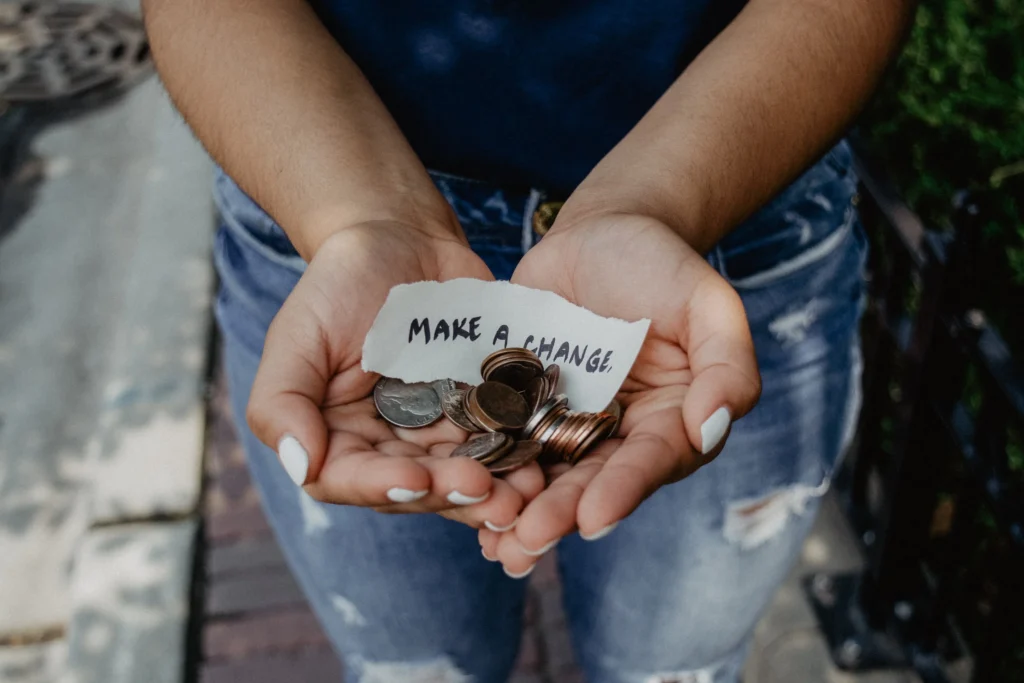
To Lottery Operators
Lottery operators are responsible for managing and promoting the lottery. This includes everything from producing and selling tickets to advertisements. Furthermore, they also maintain transparency and fairness.
A portion of the money raised through lottery ticket sales is used to cover these administrative costs. This can include things like:
- Employee salaries
- Marketing expenses
- Cost of producing tickets.
However, when I interviewed lottery officials, they told me that these costs are usually kept as low as possible. Organizations want to spend money on prizes and good causes.
In the US, here’s a typical breakdown of lottery funds:
| Allocation | Percentage of Lottery Revenue |
| Prize payouts | 50-70% |
| Operational costs | 10-15% |
| Retailer commissions | 5% |
| Public causes or government programs | 20-30% |
Evolving with Times – Diversification and Alternative Lottery Funding Models
With the world constantly changing, the lottery industry must also adapt. In my opinion, diversification and alternative funding models are crucial to ensure growth and stability. We may also see more Partnerships, sponsorships, and collaborations in the future.
Looking at global trends can give us a glimpse into the potential changes and future of this expansive industry.
Going Online To Generate More Money
Ticket sales have been the primary source of traditional lottery revenue. However, with the changes in market dynamics, the lottery industry is now exploring new avenues to generate income.
In my opinion, online gaming will take over after a few years. The mobile apps and digital platforms will allow users to purchase tickets, participate in games, and claim winnings right from their homes.
The organizations can run ads there and earn handsome revenue. They will also be able to utilize data analytics to understand consumer behavior and leverage social media for effective marketing.
The referral programs will also lessen advertising costs.
Furthermore, we may also see more Instant games, daily draws, and themed lotteries. These creative games get attention from new players. So they can multiply the revenue in the future. I believe the convenience of purchasing tickets with a single click and receiving instant notifications about winnings will also encourage new players to join in.
A case in point is the UK National Lottery, which launched its online platform back in 2004. The shift towards digital operations enabled the lottery to cater to a wider audience. As a result, it boosted the revenue. With time, the UK National Lottery also increased the prize pool too.
Another example is the Lottery.com mobile app, which has grown in popularity recently. The reason is the convenience it offers. People use this app for every lottery-related purpose, from purchasing tickets to tracking results and payouts.
Creating Partnerships, Sponsorships, and Corporate Collaborations
Lotteries now need partnerships, sponsorships, and corporate collaborations. These things will double or triple the prize money. If it happens, you will see more and more people buying tickets. Now you know it will ultimately boost the revenue.
I recommend forming strategic collaborations with businesses, like convenience stores or online platforms. They will increase the reach of lottery games. It’s also a win-win for lottery organizations and partners.
These cooperations can bring new customers or web traffic. So, the partners will also be happy.
There is also no denying that Sponsorships hold significant importance. By sponsoring sports events, concerts, or cultural festivals, lotteries can enhance their exposure and build a positive brand image. It will eventually lead to increased ticket sales and revenue generation.
Here’s an example: the Irish National Lottery sponsors the annual Irish Film & Television Awards. It has improved its public image and extended its reach to a broader audience.
Evaluating Global Trends and Their Potential Impact
The Global lottery trends indicate a consistent move towards digitalization and diversification. I see them from two angles:
Firstly, with the emergence of digital platforms, lotteries must ensure their games are user-friendly and engaging for online users. The payment methods have to be secure too. I think blockchain technology and cryptocurrencies can also open doors for secure, transparent, and globally accessible lottery systems.
Secondly, the growing trend of diversification indicates that lotteries will continue to introduce interesting games and form new partnerships to stay competitive. In my opinion, there is a need for collaborations with popular brands or franchises.
Here’s a comparison table of the traditional lottery experience versus the future of lottery funding:
| Points of Consideration | Traditional Lottery | Future of Lottery |
| Accessibility | Limited to physical outlets and local jurisdictions | Global access through online platforms and apps |
| User Experience | Paper tickets, wait times for draws, and results | Instant digital tickets, real-time results, interactive features |
| Payment Options | Cash or card-based physical payments | Digital payments, cryptocurrencies |
| Transparency | Limited visibility of ticket sales and draw procedures | Enhanced transparency with blockchain technology |
In a nutshell, the future of lottery funding lies in embracing these digital trends. It will encourage new people to join in, which will ultimately increase the Jackpot prize. The money will then be spent on more projects and social work.
See More: Is Powerball Riggid or Is it Fair?
Summary
So, where does the lottery money come from?
The main source of lottery money is ticket sales. In some cases, states/governments also fund lotteries, especially new ones. If a person does not come forward to claim the Jackpot prize, the money goes back to the lottery organizations as well.
In the future, we may see other funding sources like sponsorships, partnerships, etc. The bigger ones are also now focusing on online revenue streams, like ads.
The good news is- the money generated from the lottery is spent on many things, including social work and building infrastructure. The trends are also indicating that ticket sales will be more in the upcoming. So, be ready!
That’s all about the funding sources of lotteries.
